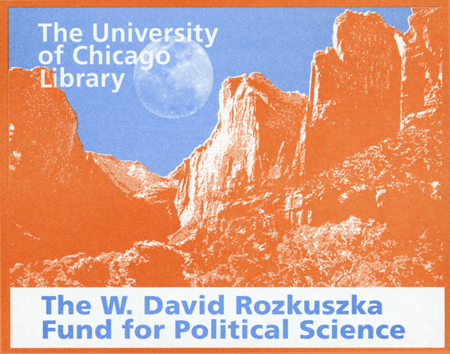| Summary: | Secession and Self goes beyond debates over the economic and institutional effects of Quebec separation to look at the normative dimensions of resistance to secession. Drawing from Charles Taylor, James Tully, and many others, Gregory Millard explores the central role Quebec plays in ideas of what makes Canada worthwhile. He argues that a break with Quebec would impair Canada's ability to realize ideals such as liberalism, fraternity, and developmental accounts of citizenship and would undercut attempts to locate Canadian identity in narratives of history and place. In lieu of a single argument against the departure of Quebec, Millard considers the variety and richness of the affirmations involved in Quebec-in-Canada as a particular kind of multinational state. Taking into account the many efforts to grapple with one of the deepest challenges in Canadian history, Secession and Self provides an insightful account of the variegated ties between Canada, Quebec, and visions of the good.
|
|---|

